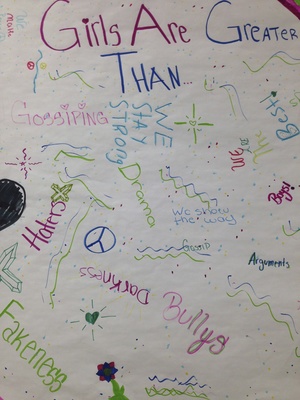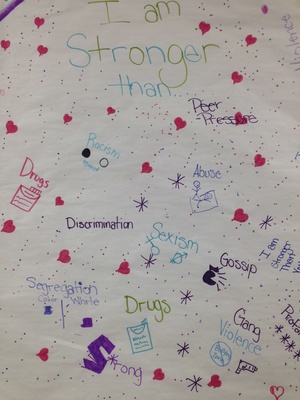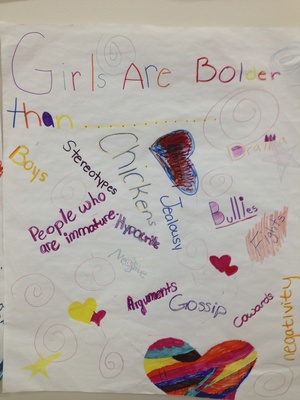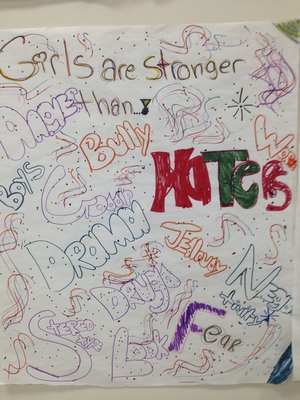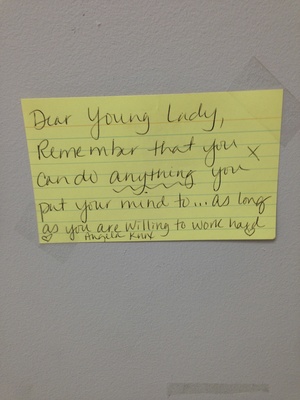In the '90s, nary a red carpet was walked without a sea of red ribbons. AIDS was the cause-celebre. Young romances began with "six months, and then we get tested before we sleep together." Okay, it's not exactly "oh, that I were a glove upon that hand that I might touch that cheek," but it all came from a place of consideration. We thought it would be easier to locate organizations that focus on HIV education and prevention, and it's not.
That's why we were very happy to come across the Grassroot Project, a nonprofit that not only educates adolescent children about HIV and AIDS, but does so through peer advising and sports.
Here's the breakdown: NCAA athletes attend training sessions to learn the facts (statistics, methods of transmission) and then to learn how to teach those facts, as well as some less qualitative lessons (making choices, community, peer pressure) to middle school students. The activities with the college coaches are generally worked into a sporting game, which keeps heavy topics a little more digestible for young kids and gives them another opportunity to focus on living healthy.
"Our goal is to create a generation of young people who are living healthy, HIV-free lives," said Marie Rudolph, executive director at the Grassroot Project. The focus on HIV prevention and education, she said, is "part of a larger effort to help young people make healthy choices and recognizing the consequences of their actions that they may be taking or soon will be taking."
More than 1.2 million people in the United States are estimated to have HIV, and the scary part is that one in eight don't know they're infected. That's why HIV/AIDS education and prevention programs, like the Grassroot Project, remain vital. This week's DDG featured org, was founded in 2009 by then-Georgetown student Tyler Spencer. After spending two summers in South Africa, working on sports-driven HIV prevention programs, Tyler realized that the curriculum he was applying overseas could be adapted at home. At the time, nearly 3 percent of the DC population was living with HIV or AIDS
The first group of 40 college athletes was trained, and programming began in January 2009, in four local schools. Today, the Grassroot Project has worked in more than 50 DC-area schools and has partnered with DC Public Schools and the Office of the State Superintendent. Thanks in part to this nonprofit, the number of new cases diagnosed in DC has decreased by nearly 70 percent, but still remains at epidemic level.
The Grassroot Project continues to evolve, and new opportunities to volunteer keep arising. Learn more about partnering with the Grassroot Project.





























































